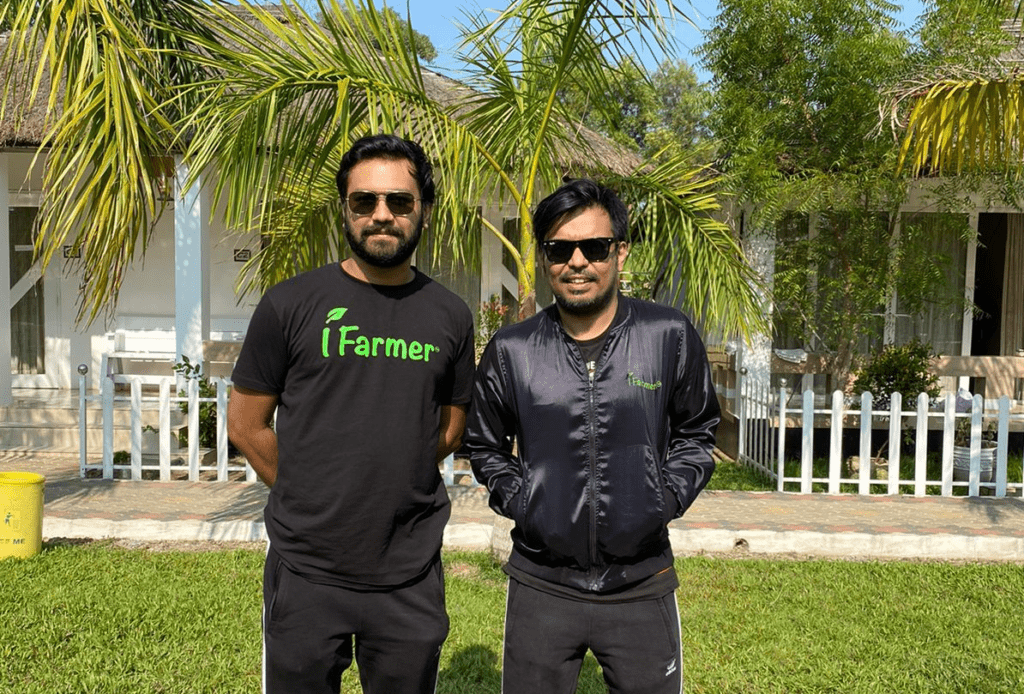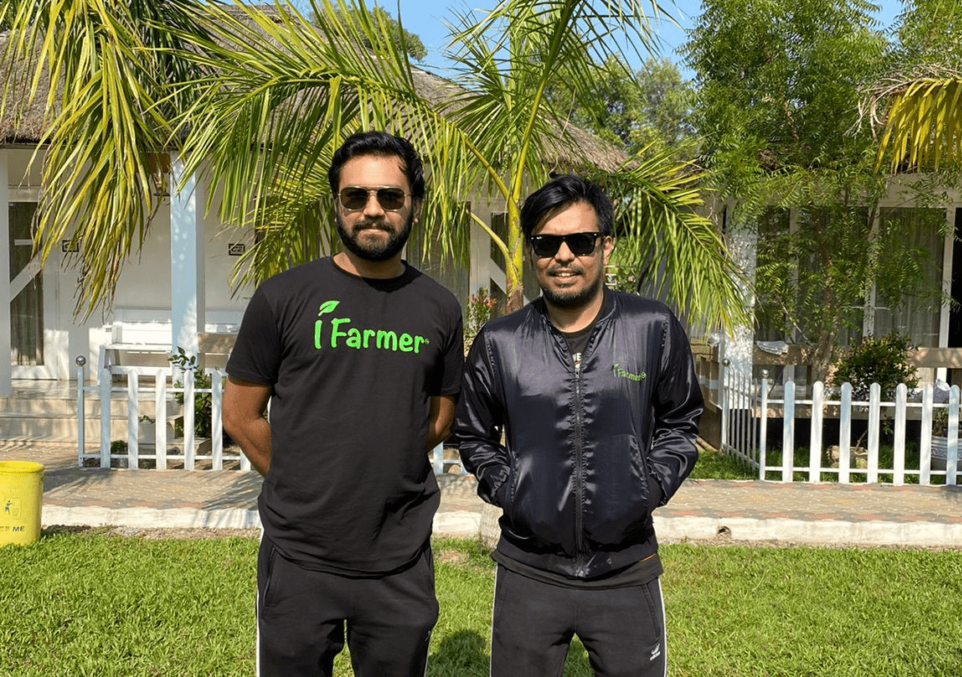Online ag marketplace iFarmer, which links Bangladeshi smallholders and their suppliers with agronomic, logistical, and financial services, has raised $2.1 million in funding.
- IDLC Venture Capital Fund, the VC arm of Bangladeshi non-banking financial institution IDLC Finance, led the pre-Series A round.
- New York-based fund manager Millville Opportunities and Startup Bangladesh Limited, a VC fund backed by the country’s government, also participated in the round.
- iFarmer will use the pre-Series A capital to expand its geographic footprint in Bangladesh, build out its supply chain tech capabilities to include more inputs and offtake opportunities, and to work towards offering insurance products for its users.
“We need to streamline our output and input supply chain, meaning we have to invest a bit in the infrastructure, the tech, to get better visibility and transparency [and] make some key hires, especially on tech and data side of things,” co-founder and chief operating officer Jamil Akbar tells AFN.
Why it matters:
Prior to founding iFarmer with Akbar in 2019, CEO Fahad Ifaz had worked on ag-related socioeconomic development projects in Bangladeshi, Cambodia, India, and Myanmar for over a decade.
“It seemed like the same problem in all these countries: farmers not getting access to capital, so they cant’ buy quality inputs – and even if they managed [to get inputs], there’s a long chain between the farmer and the supplier, so they miss out on revenue,” he tells AFN.
“Jamil comes from a tech background, my background is economics, so we thought: ‘Let’s try to solve this.'”
According to iFarmer, Bangladesh’s ag sector:
- Has around 16.5 million farmers, 80% of which are smallholders
- Accounts for 12.1% of GDP
- Makes up 38% of the total workforce
The Asian Development Bank states that Bangladeshi farmers take home just 40% of the consumer retail price of their produce due to highly fragmented and intermediated supply chains – both on the input side, and when it comes to selling produce. Post-harvest losses related to these inefficiencies reach $2.5 billion each year.

How it works:
The iFarmer platform includes three main service areas, according to Ifaz:
- Inputs: “We work directly with Bayer, Syngenta, those sorts of companies, and operate as a last-mile distributor for their products,” he says.
- Outputs: The data collected from its inputs business enables iFarmer to understand when a given farmer is likely to harvest their crop and how much produce they’ll have. It aggregates different farmers’ output in order to efficiently deliver to buyers such as retailers, wholesalers, and processors while minimizing waste and cost.
- Financing: “Initially we started with a model comparable to Crowde, where you basically enable individuals to invest in farm portfolios against a return and we would channel that money to the farmers,” Ifaz says. “Last year we started partnering with financial institutions, mostly banks, and those banks are now using our data to directly give loans to the farmers.”
“On top we have advisory services embedded,” he adds. “We are testing remote sensing and satellite-based imaging [to] build an insurance product for the farmers, but this is still just a pilot.”
iFarmer generates revenue by charging a commission on loans and a marketplace fee on users of its input and output services.
iFarmer by the numbers:
- 7.7x revenue growth in 2021
- 19 districts across Bangladesh served
- 63,000-plus farmers served
- 8,000-plus tons of produce per month delivered to institutional buyers, wholesale markets, and retailers – with an end-2022 target of reaching 50,000 tons per month
- 2,900 agricultural retailer partners
What they say:
“We have a strong impact mandate, which is important for us,” Ifaz says. “[We’re] the only startup in Bangladesh that has an impact team, where we try to collect farmers’ stories to validate our impact, to create change.”
He notes that iFarmer has worked, or is in talks, with the likes of the UN Capital Development Fund, the Food & Agriculture Organization, CARE Bangladesh, iDE, and Swisscontact on a variety of potential impact projects.
“What we like is that they bring in a lot of accountability on impact […] It’s a work in progress, but I think these partners improve our accountability. Because at the end of the day, if we we don’t create value and impact for farmers, they won’t work with us.”




